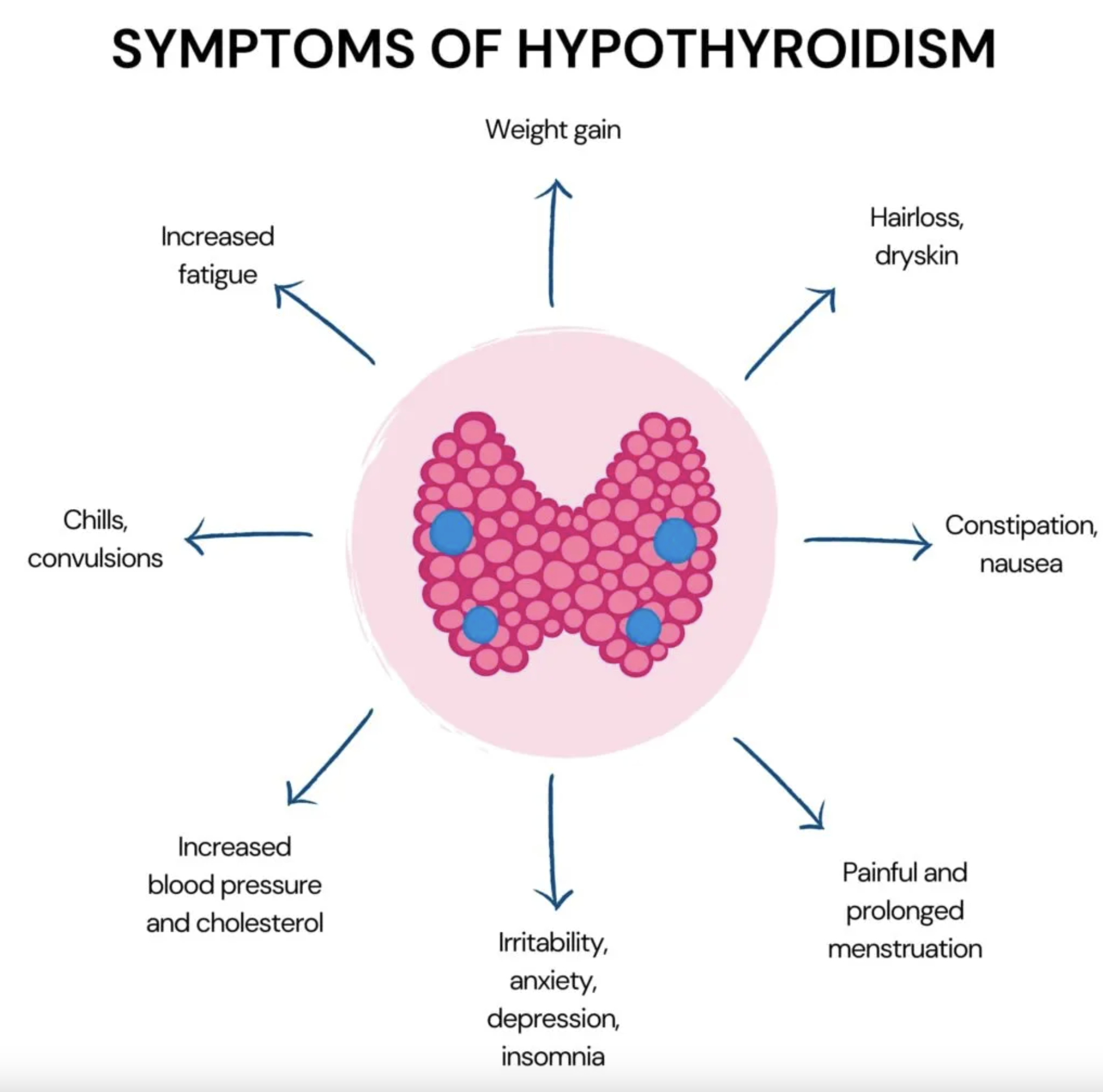
Intermittent fasting (IF) has gained significant traction as a health and weight management tool. However, for individuals with hypothyroidism—a condition characterized by an underactive thyroid gland—it can be challenging to balance fasting regimens, metabolism, and sleep quality. Understanding how intermittent fasting influences sleep in people with hypothyroidism can empower individuals to optimize their routines for better rest and overall health.
The Connection Between Hypothyroidism and Sleep
Hypothyroidism often leads to fatigue, low energy levels, and disrupted sleep patterns. This is primarily due to reduced levels of thyroid hormones, which play a crucial role in regulating metabolism. Poor sleep, in turn, can further impact hormone production, creating a vicious cycle of fatigue and hormonal imbalance. For many people with hypothyroidism, finding ways to enhance sleep quality is vital to improving overall well-being.
How Intermittent Fasting Impacts Sleep in Hypothyroid Individuals
1. Managing Weight and Improving Sleep Quality
Weight gain is a common symptom of hypothyroidism due to a slower metabolic rate. Intermittent fasting can help manage weight by promoting calorie control and increasing insulin sensitivity. This reduction in body weight and fat can alleviate sleep apnea or breathing issues that often accompany obesity, resulting in improved sleep quality.
Practical Tips for Weight Management Through IF:
- Choose the Right Fasting Window: Opt for a schedule like 16:8 (16 hours of fasting, 8-hour eating window) that suits your lifestyle without causing extreme fatigue.
- Focus on Nutrient-Dense Meals: Include foods rich in vitamins, minerals, and fiber to help balance hormones and prevent blood sugar crashes during fasting.
2. Affecting Metabolic Rates and Sleep Regulation
Intermittent fasting can also help normalize metabolic rates by improving the body’s insulin response and reducing inflammation—factors that can directly impact sleep patterns. A regulated metabolism encourages better energy utilization during the day, often leading to more restful nights.
However, it’s important to be cautious. Fasting for prolonged periods may lead to an overactive stress response in individuals with hypothyroidism, triggering increased cortisol levels. High cortisol can disturb sleep, as it is the body’s primary stress hormone and tends to spike in response to fasting stressors.
Suggestions for Managing Metabolic Rates:
- Monitor Thyroid Hormone Levels: Work with a healthcare provider to regularly check thyroid levels, ensuring they remain stable during fasting.
- Incorporate Gentle Exercise: Activities like yoga or walking can complement fasting by boosting metabolic rates without overstressing the body.
Tips for Combining Intermittent Fasting with Hypothyroidism Management
To improve sleep quality and overall health, individuals with hypothyroidism should combine intermittent fasting with thyroid-friendly strategies. Here’s how:
- Hydration Is Key: Proper hydration helps prevent fatigue and supports healthy metabolism during fasting periods. Herbal teas or lemon water can be soothing.
- Prioritize Sleep Hygiene: Maintain a consistent bedtime routine, reduce screen exposure before bed, and create a relaxing environment conducive to sleep.
- Tailor Fasting Schedules: Experiment with shorter fasting windows initially to determine what works best for your body.
- Support with Nutrient-Dense Foods: Include selenium-rich foods like Brazil nuts, iodine from fish or dairy, and omega-3 fatty acids from sources like fatty fish to support thyroid health.
Example Meal Plan for Fasting Days
Morning: Lemon water or herbal tea (fasting period)
Break the Fast: High-protein meal with eggs, avocado, and sautéed spinach (rich in nutrients supporting thyroid function)
Lunch: Salad with lean protein (chicken or tofu), mixed greens, nuts, and a low-carb dressing
Snack (optional): Nuts or a small serving of berries
Dinner: Baked fish with roasted non-starchy vegetables, like broccoli and cauliflower rice
Clustering and Linking Resources
For more insights into low-carb diets, nutritional strategies, and how they interact with various health conditions like hypothyroidism, visit our infoiz.com blog. Here, you can explore additional articles on low-carb meal plans for hypothyroidism and the best foods to support thyroid health.
Final Thoughts on Intermittent Fasting and Hypothyroidism
While intermittent fasting can positively impact weight management and metabolic health, it’s crucial to tailor the approach for individuals with hypothyroidism. Achieving better sleep, stable hormones, and sustained energy levels depends on thoughtful integration of fasting with thyroid-friendly practices. Consulting with a healthcare provider before starting any new fasting regimen is highly recommended.
For more well-researched content on intermittent fasting, thyroid health, and holistic approaches to wellness, continue exploring infoiz.com. Empower yourself with the right information to enhance both your sleep and your overall health journey.






